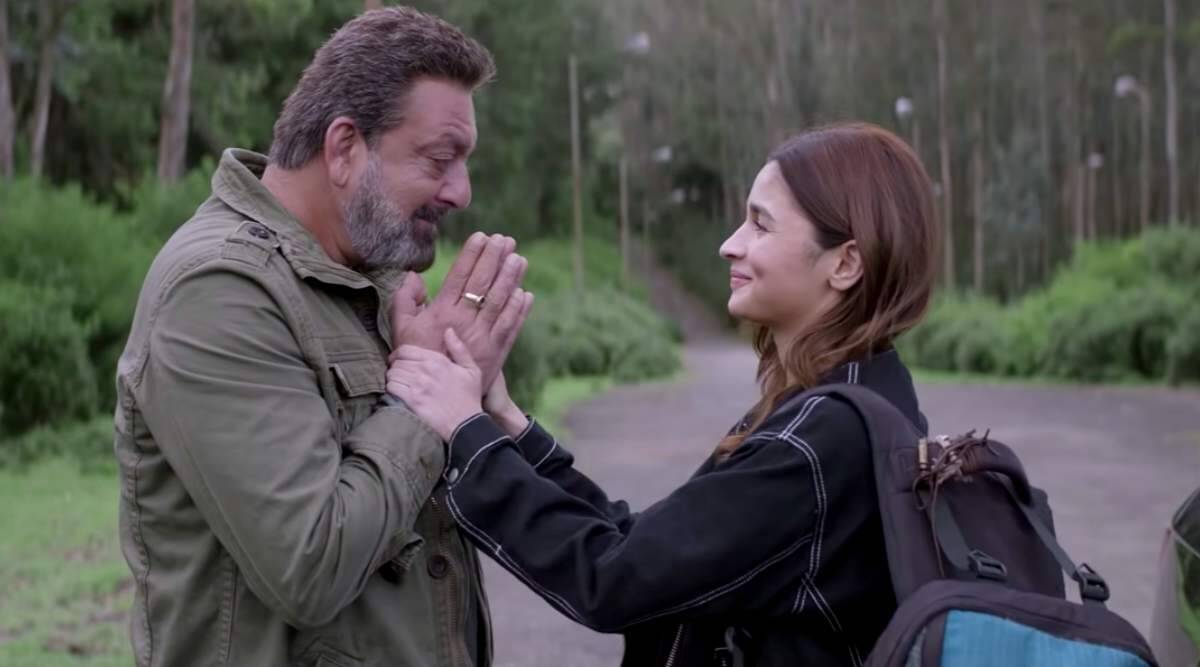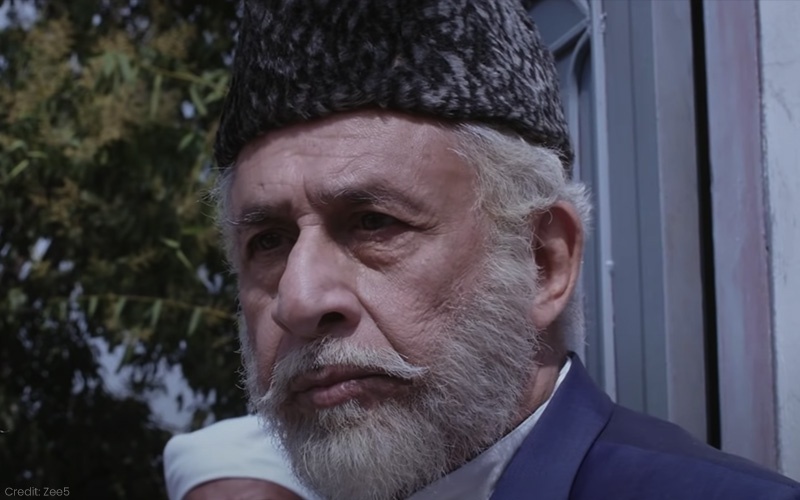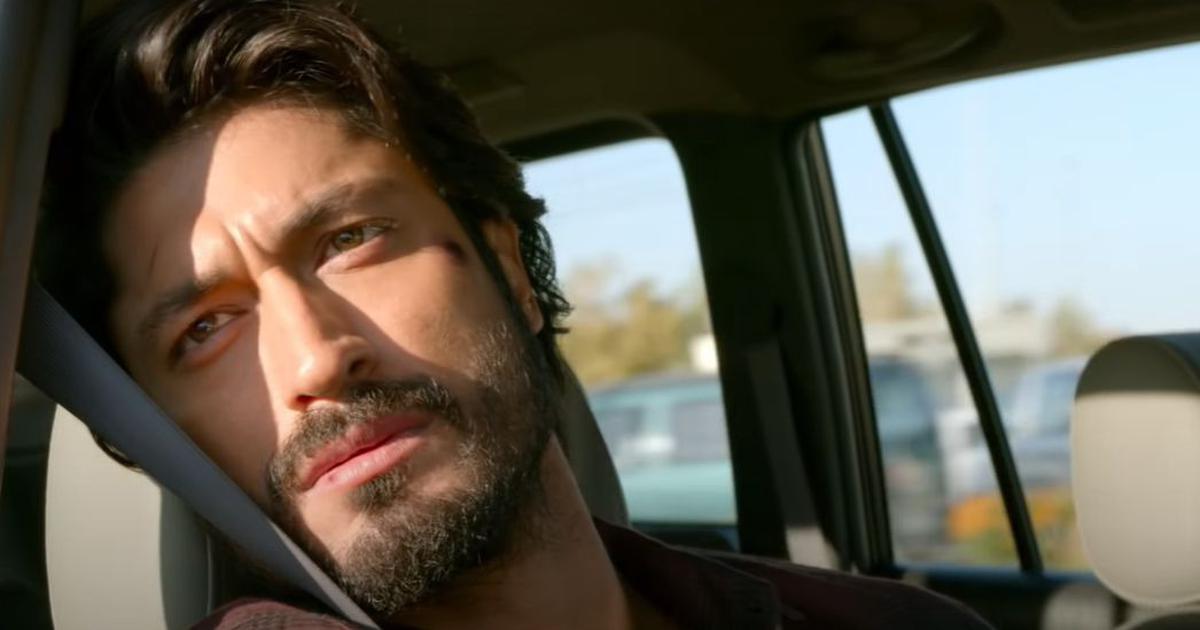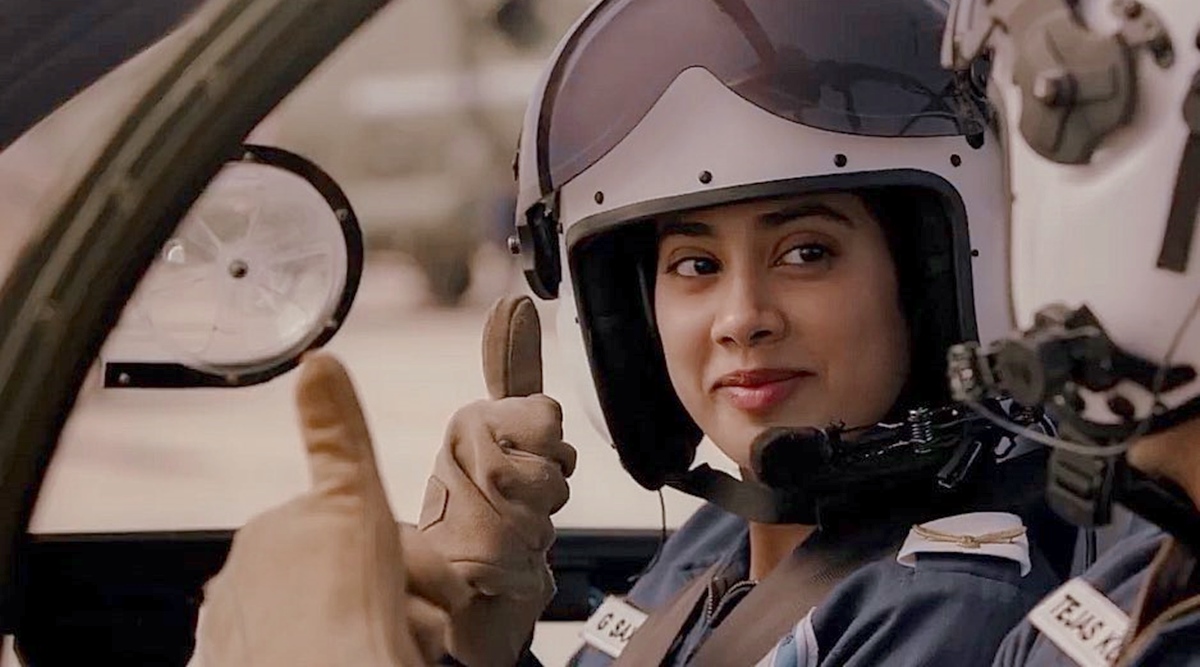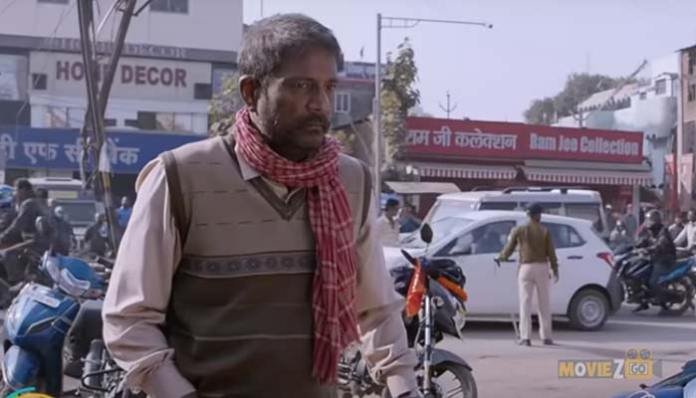
Roland Barthes, the famous French literary critic, once said that striptease becomes compelling not because a woman takes off her clothes, but because the process involves an elaborate teasing that builds up the anticipation of the viewer. This technique also works in cinema, but very few films are comfortable holding their cards. Suresh Triveni’s second directorial is one of those.
Jalsa is a trembling story of two women on the opposite spectrum of society. Maya (Vidya Balan) is an affluent journalist living a fancy life with her mother and disabled son. Rukshana (Shefali Shah) is her house-help, who takes wonderful care of Maya’s son, being a devoted helper despite a turbulent personal life.
The story of the film unfolds over a period of one week after Rukhsana’s eighteen-year-old daughter is critically injured in a hit-and-run case. This particular sequence (where the film begins) is shot with a very gothic urgency by cinematographer Saurabh Goswami. There is an echo of what is to come in the early visuals of the film. Anticipation of a dooming climax is apparent, and yet when the moment of friction comes, you are taken by surprise.
Soon enough we are introduced to the world of Jalsa. We follow a normal day in the life of Maya, a woman a short-hand message would categorize as “boss-lady”, a gross inappropriation of a dynamic, rounded character like hers. We see Maya as an unflappable presence early in the film, a contrast to the financially insecure, and societally subordinated Rukhsana, who almost feels like she owes a kind smile to Maya and her family for continuing normalcy in her life.
Writers Prajwal Chandrashekhar, Hussain Dalal, and Abbas Dalal, along with director Suresh Triveni use this premise of a hit-and-run case to give us a two-hour journey of compromised bets, guilt, loss, and the obsession with continuing one’s current normalcy, even at the cost of a life.
Triveni does a brilliant job here of directing this story, not as a whodunnit, but as a complex human story. The style of storytelling, and the story at an interest odd here, which Triveni balances wonderfully. The film baits us into thinking that we are in for a taut thriller, but what we get is a compelling story of human frailty in the midst of chaos.
This becomes apparent in a wonderful scene where Maya yells at Rukhsana for neglecting her son for a call. It is a fantastic scene of confrontation that threads the final twenty minutes of the movie wonderfully. It is a perfect visual catharsis in a film that runs with an inaudible sound of “tick…tick” in the viewer’s mind. As a viewer, you know that something is on the verge of happening, but Triveni holds on to his cards long enough to make us a little greedy for this moment and everything that bursts from here.
It helps that in Balan and Shah, the film boasts of two relentlessly powerful performances. It is as if the two stalwarts are in a world of their own, not just living their parts, but carrying the burden, and bruises of what the story does not show us. It would be wrong to rate one performance over the other because both are exceedingly captivating performances, that elevate this already impressive film into a world of its own.
Jalsa, like most good movies, is about choices, and the consequences that come with each choice. Here is a film that is confident of itself. The writing does not shy away from getting dense, the acting remains devoted to the moment, and the background score by Gaurav Chatterji, comfortable being a healthy aid, and not being obsessed with simplifying ideas and expressions with a thumping roar or a decisive melancholic hum. Jalsa is a rare film where intelligent writing meets fantastic acting. It is special, without pretending to be anything but another story.
Streaming on Amazon Prime





